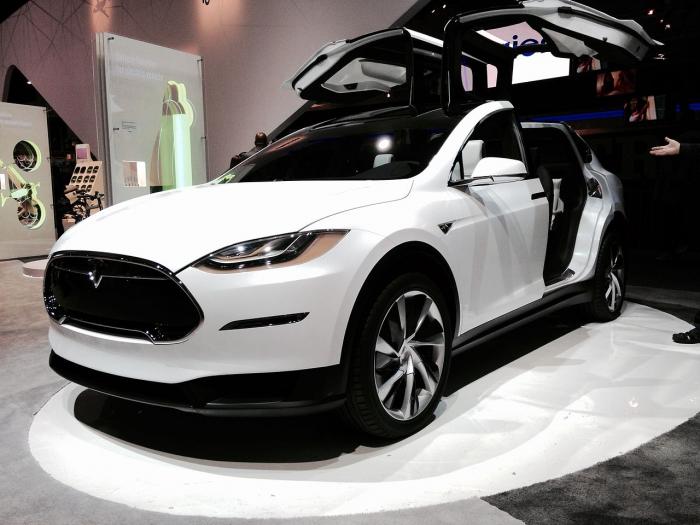EVs have come a long way, with many now offering strong hauling capabilities.
EVs have come a long way, with many now offering strong hauling capabilities.
EV Sales have increased dramatically in recent years and with that so has the expectations of those that buy them. We don’t have to look back too far to when EVs were merely seen as second cars, useful for short journeys but not much else. But thanks to a number of advancements we are now seeing EV owners becoming more ambitious and having expectations of being able to travel further afield and use the EV as their primary car. One aspect of this is that many that want to go away for a long weekend may want to hitch a trailer or caravan to the back of their EV, but the question is whether the new generation of EVs are up to the task?
Why Can’t Some EVs & Hybrids Tow?
With their high torque and powerful motors, you’d be forgiven for expecting EVs to make the ideal towing cars. But once you start looking deeper into the specs of many of these cars you will actually find that few of them are capable of towing a trailer or caravan. It isn’t necessarily the case that you wouldn’t be able to physically attach a tow bar, instead it is because the vast majority haven’t been granted type approval.
There are a number of factors behind this, such as range concerns and specific EV technology, but one of the main reasons is due to weight. This is because battery packs are heavy, which means that most EVs tend to weigh a lot more than an ICE car. This means that were an EV hitched with a caravan or trailer it is likely to be up to three tonners. This would mean a significant increase in strain on components such as the brakes and transmission and would also require substantial mechanical strengthening.
The complex regenerative braking system used in EVs is also a factor, as they are tuned to the weight of the car and the additional weight of a caravan or trailer could potentially overload this system. It is obviously something that can be deactivated in many EVs, but this would only then cause additional strain on the friction braking system.
The final nail in the coffin for most EVs being able to tow is a matter of range, as attaching a heavy and aerodynamically inefficient load to the back of an EV will dramatically reduce its maximum range.
Electric Cars That Can Tow
However, whilst most can’t, there are a few EVs that can tow, with more on the way as more buyers are moving over to EVs manufacturers are working to keep up with the evolving demands they place on their EVs. It’s not surprising that Tesla have led the charge on this, with its Model X SUV, which can haul up to 2270kg when using a braked trailer.
But Tesla aren’t alone, as the Audi E-Tron and Mercedes-Benz EQC SUVs are both able to tow a braked trailer of up to 1800kg, or an unbraked load of up to 750kg. There is also the recently announced Hyundai Ioniq 5 that will be able to handle a braked weight of 1,600kg and the Polestar 2 with a braked limit of 1,500kg and 750kg unbraked.
There are also some others on the list, such as the Jaguar I-Pace, Ford Mustang Mach-E, Mercedes EQA, Vauxhall Vivaro e-Life, Citroen e-Space Tourer, and the Peugeot e-Traveller, but these all have a lower towing load capability, which limits them to medium-sized trailers and only the smallest caravans.
